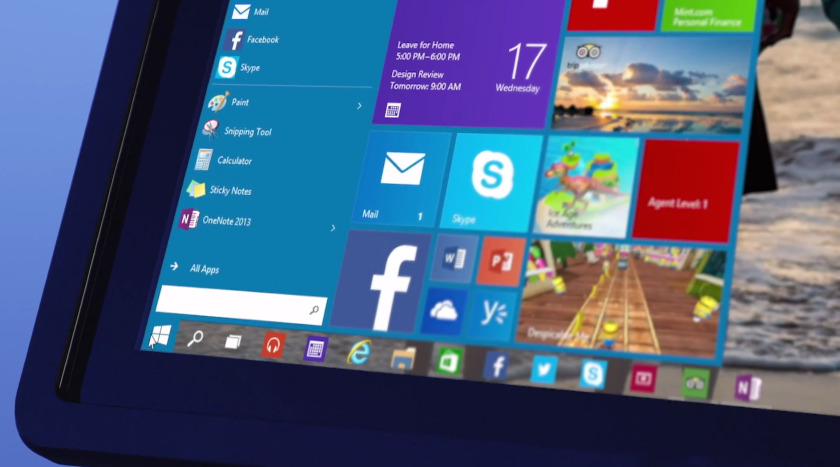People Can't Dump Windows 8 Fast Enough As Windows 10 Adoption Surges
So it looks like the Windows 10 launch was a big success if early adoption numbers are to be believed. The Register drops some data from StatCounter showing that Windows 10 already accounts for over 3.5% of desktop operating systems, up from just under 1.4% the week before. More interestingly, The Register says, "the biggest loser looks to be Windows 8.1, which dipped from 16.45 per cent share to 14.93 per cent," while "Windows 7 went from 54.41per cent to 53.8 per cent and Windows 8 dropped from 3.6 percent to 3.46 percent."
DON'T MISS: OnePlus 2 hands-on: It's everything you've dreamt of... and so much more
Of course, Windows 10 has some key advantages going for it that ensured it would see faster adoption among Windows users than any of its predecessors. Upgrading to Windows 10 is totally free for Windows 7 and Windows 8 users, which means that the only thing it will cost you to install is disk space and time. Microsoft has also been making a bigger push for users to upgrade to the latest software than it has in the past, which is also giving Windows 10 an important boost.
All the same, the overall reception to Windows 10 has been night-and-day compared to the early reception for Windows 8, which turned out to be a highly polarizing operating system that frustrated many longtime Windows users. Now it seems that Microsoft has really hit the sweet spot by building an operating system that will work well for people who use a keyboard and mouse but that also offers the kind of flexibility Windows 8 wanted to offer as a tablet OS.
